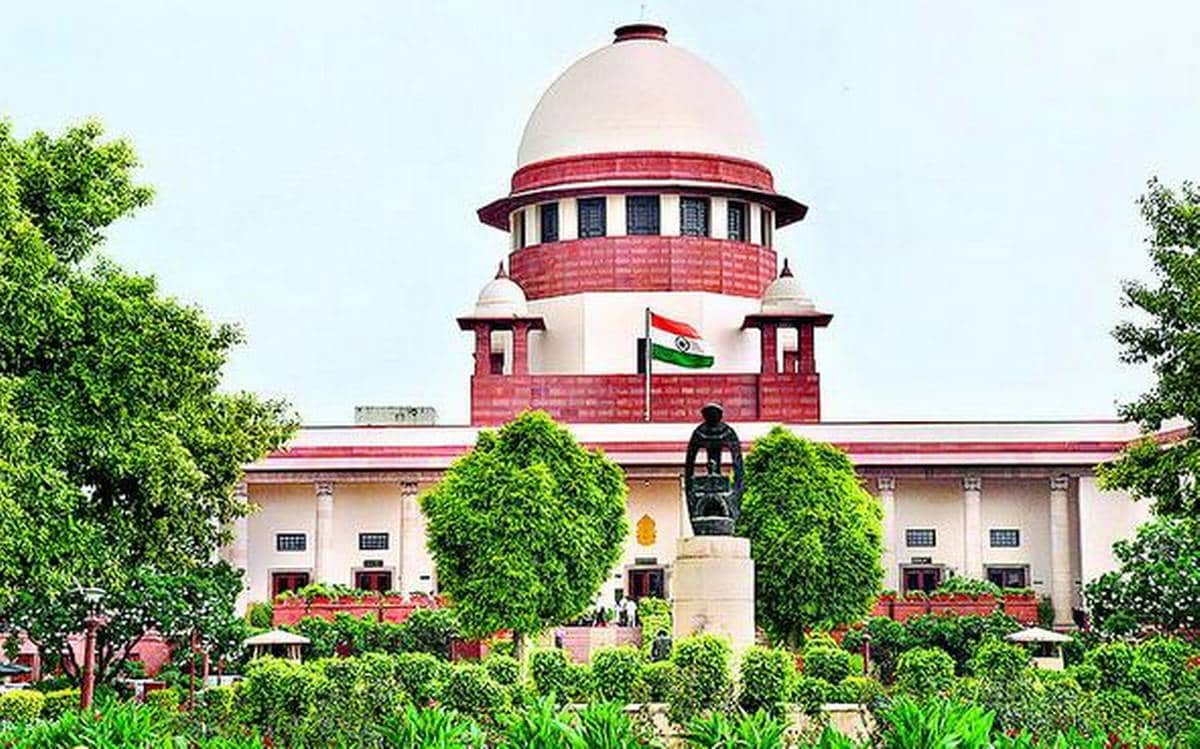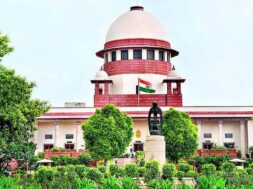
Manas Dasgupta
NEW DELHI, Nov 7: Even before the details are available about the reasons in support of its judgement, the civil society is shocked over the Supreme Courts’s decision to suspend the death penalty and acquit and set free the three accused in the 2012 gang rape and murder case of a 19-year old woman in Delhi which has come to be known as the “Chhawala” case after the area the victim woman belonged to.
The three judge comprising the retiring Chief Justice of India UU Lalit, and Justices Ravindra Bhat and Bela Trivedi read out a cryptic order on Monday that the three would be “set free.” The court’s detailed order would be available later.
But the order has shocked many and has come as a heart-broken to the parents of the victim girl who said they were waiting for the day expecting their daughter to get justice but instead received the shock of their lifetime. They still hoped to explore other possible avenues to get justice for their victim daughter.
The incident that occurred months before the “Nirbhaya” rape and murder case in Delhi that shook the nation and provided the instigation for adopting stringent laws to stop such atrocities on women. On the night of February 9, 2012, the woman returning from her work place was kidnapped, gang raped by three men and was later murdered. Her mutilated body bearing many marks of atrocious treatment was found in a field in Rewari in Haryana with multiple injuries due to assault with objects ranging from car tools to earthen pots three days later.
A case was registered at a police station in Delhi’s Najafgarh. The complaint alleged that the teen was kidnapped, raped and murdered. The three accused were awarded the death penalty after being held guilty of raping and killing a 19-year-old woman by the Dwarka court in 2014. The capital punishment was confirmed by the Delhi High Court on August 26, 2014, saying they were “predators” moving on the streets and “were looking for prey.”
Three men, Ravi Kumar, Rahul and Vinod were convicted under various charges dealing with kidnapping, rape and murder. According to the prosecution, the offence was brutal in nature as they first kidnapped the woman, raped her, killed her and dumped her body in a field in Rodhai village in Haryana’s Rewari district.
The three challenged the High Court ruling in Supreme Court, asking that their sentence be reduced. The bench of Chief Justice of India UU Lalit and Justices S Ravindra Bhat and Bela M Trivedi cancelled the High Court ruling and said all three would be freed.
In Supreme Court, Delhi Police had opposed reducing the death sentence. They had said the crime was not committed only against the victim, but against the society. Police cited the heinous nature of the crime and argued against any concession whatsoever to the convicts. On behalf of the convicts, the defence counsel had cited their age, family background and past criminal record to press for a reduction in sentence. But none seem to have expected that the verdict would be entirely reversed and the convicts would be set free.
Following the Supreme Court verdict, the parents of the girl said they were “broken” by the judgment but asserted that they would continue their legal fight. “We came here for justice. This is a blind justice system.” Underlining their 12-year struggle for justice, they also alleged that the convicts would threaten them inside the courtroom.
Months after this incident, a 23-year-old woman’s gangrape, torture and killing on a moving bus in Delhi shook the nation, sparked massive protests and paved the way to tougher laws on sexual assault.













